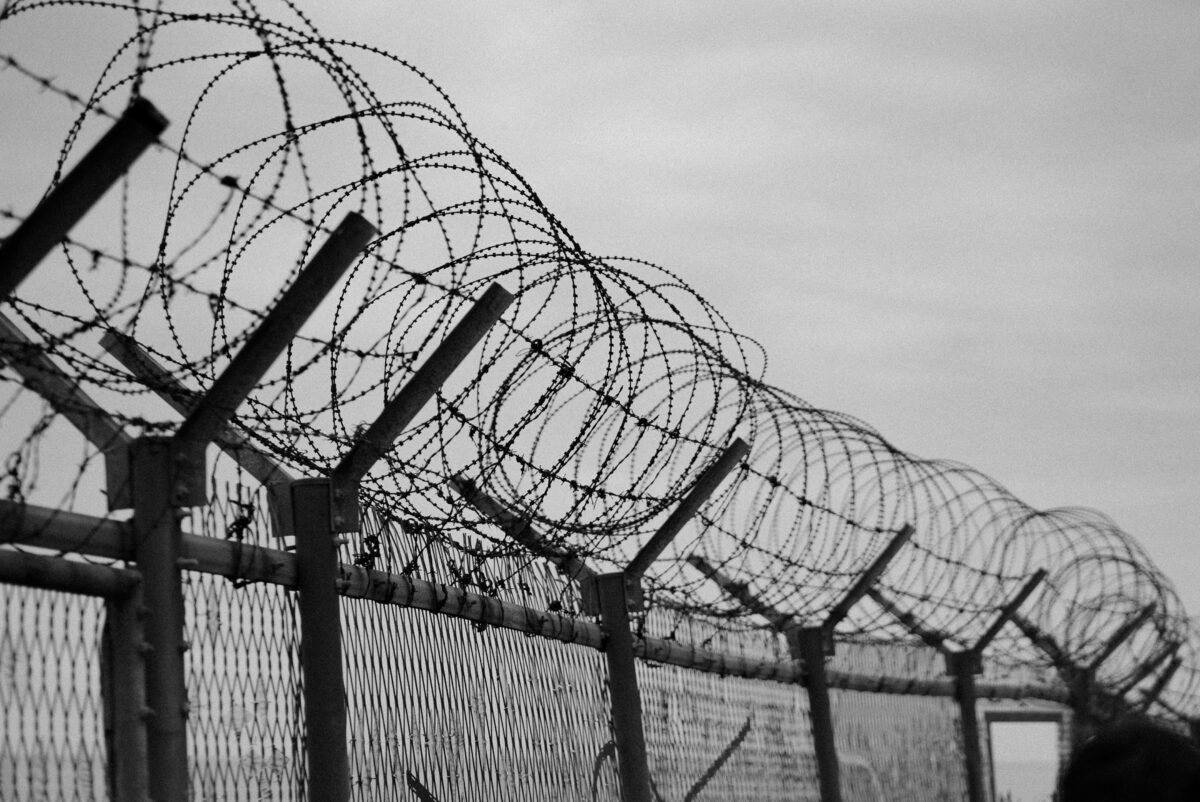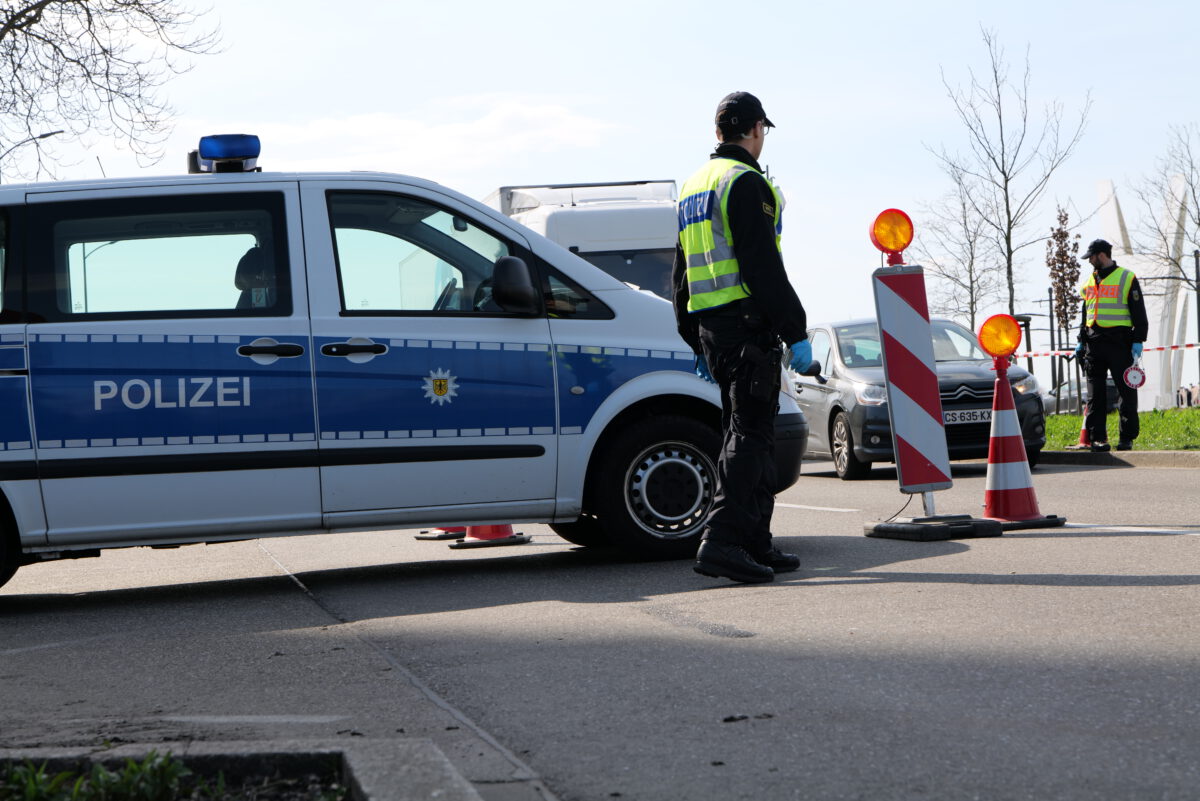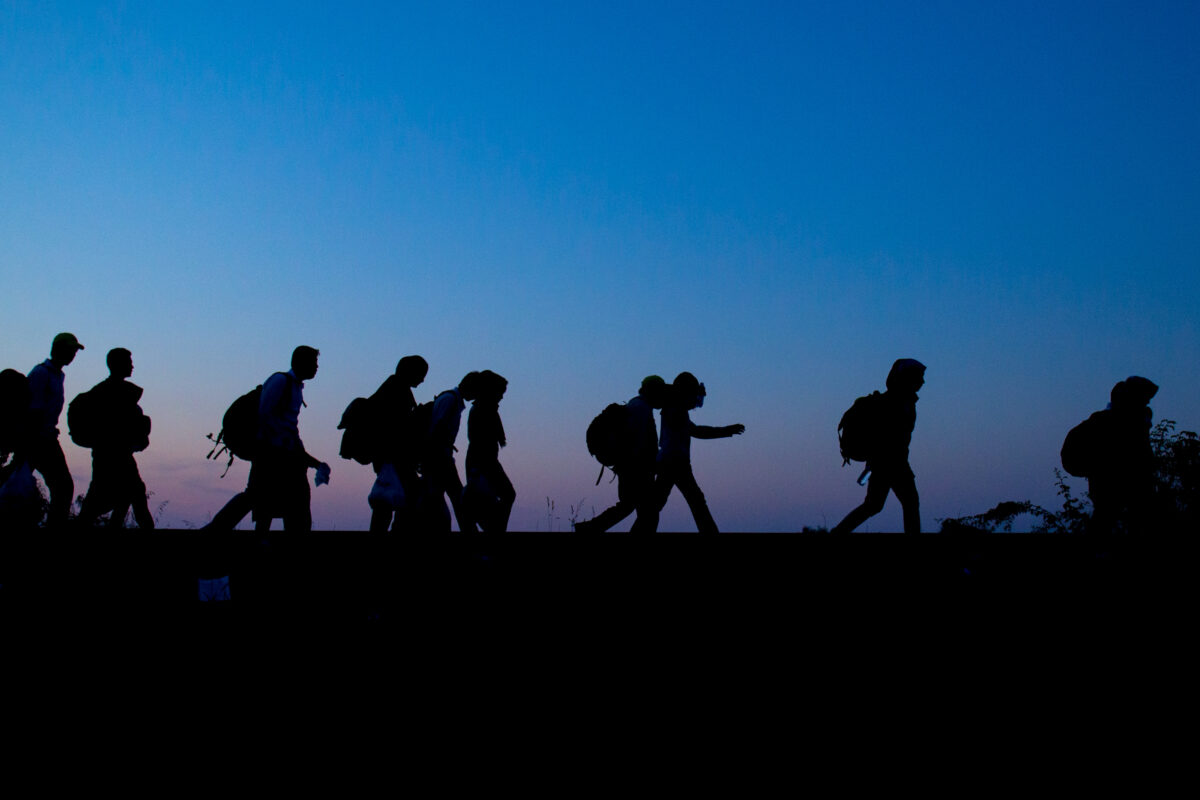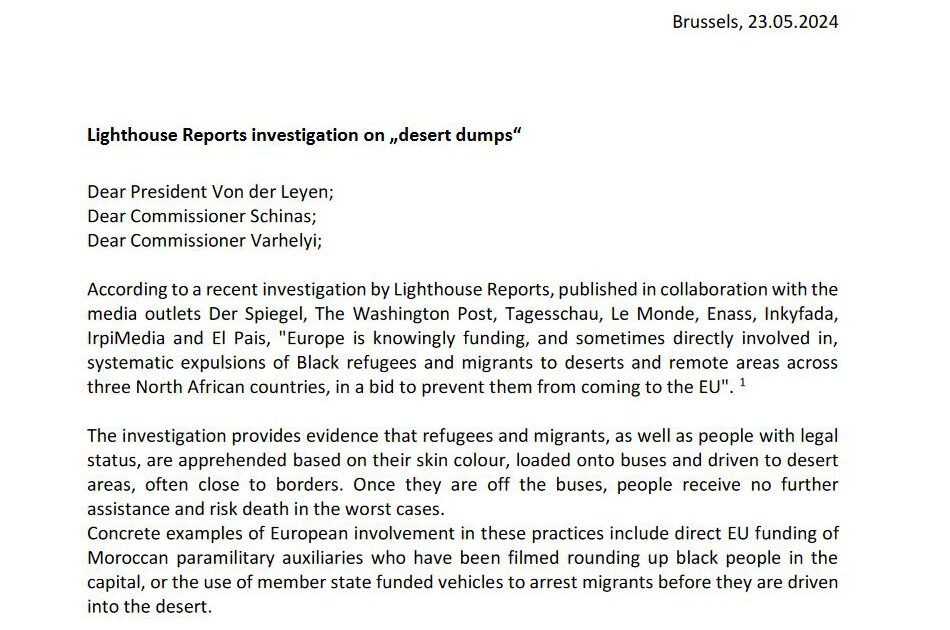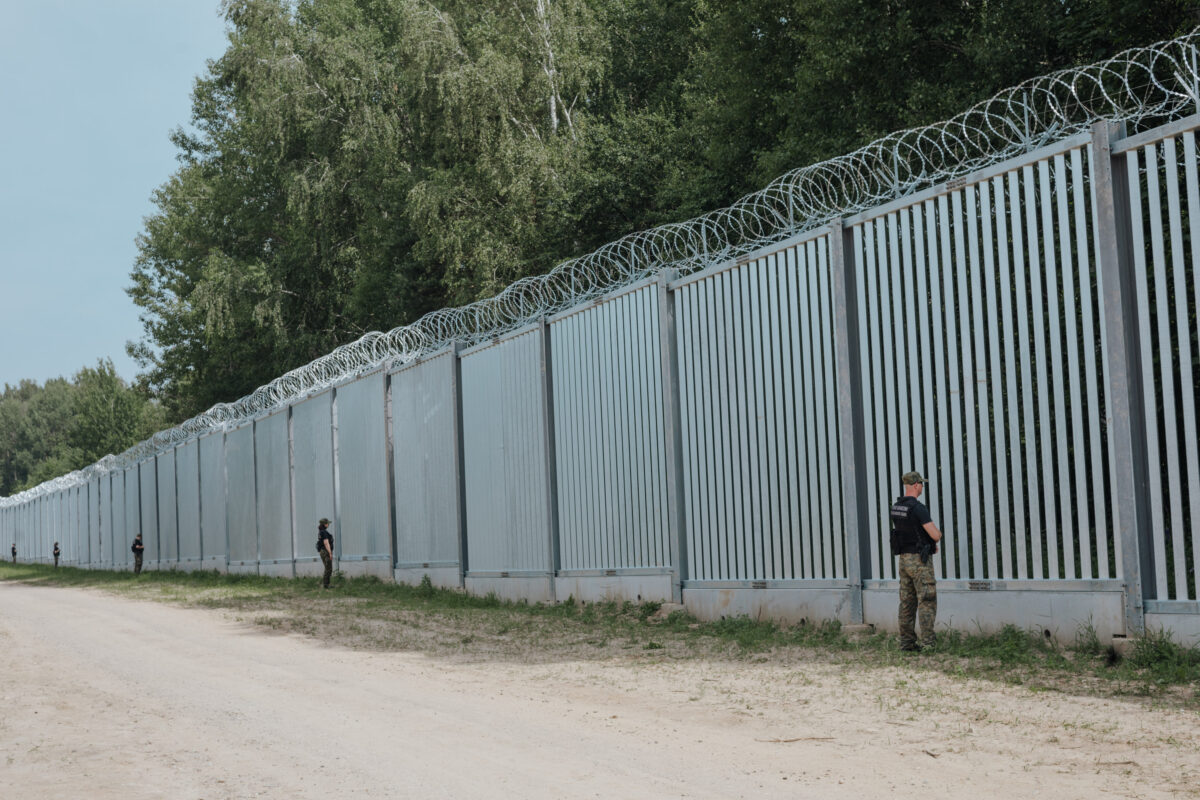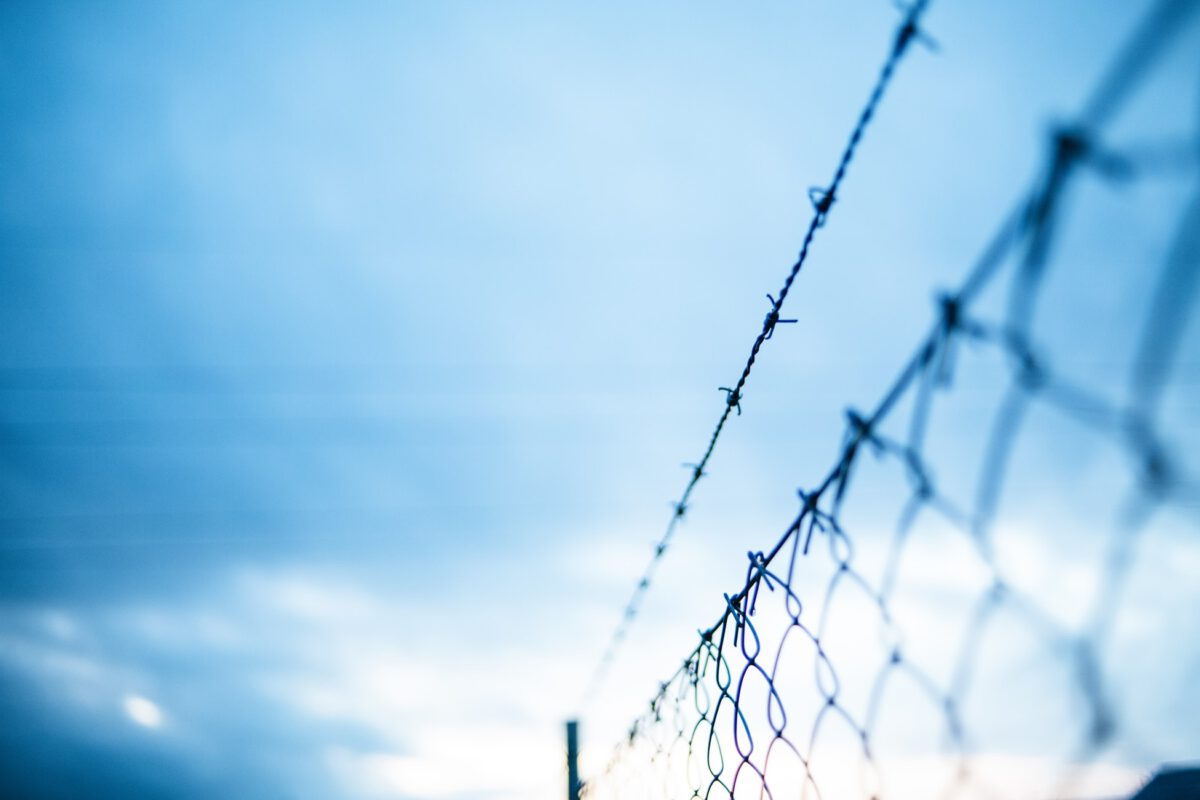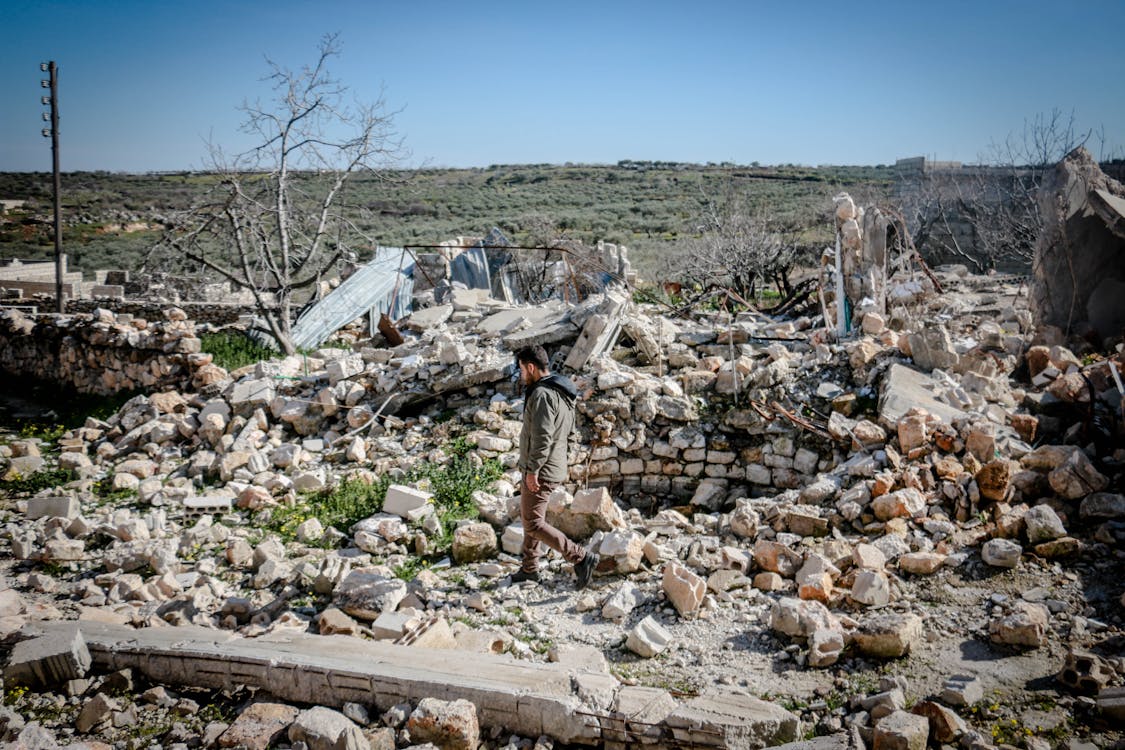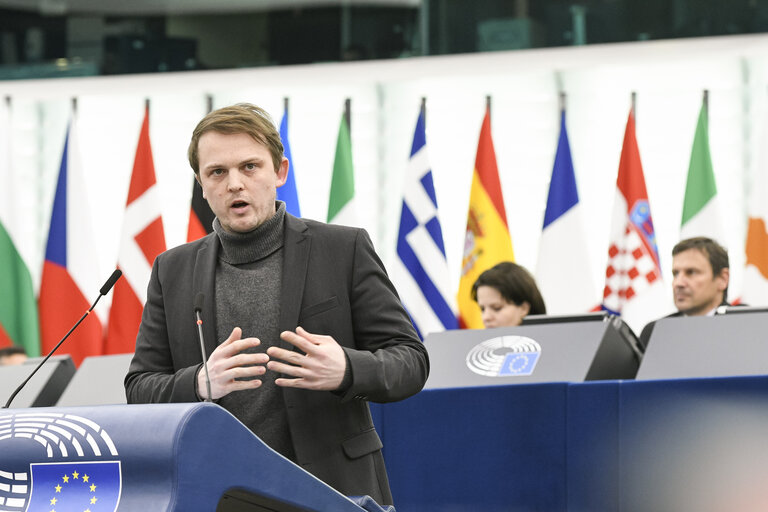Veranstaltung: Grenzblockaden, Zurückweisungen, Propaganda – Populismus und Abschottung als Leitmotiv der Asylpolitik
Love all,
seit Jahren sehen wir, wie die Debatte um Asyl- und Migrationspolitik sich von der Realität entkoppelt und zunehmend radikalisiert. Den vorläufigen Höhepunkt dieses Theaters haben wir in diesem Jahr erlebt, als die deutsche Bundesregierung sich offen darauf einigte, sich über Recht und Gesetz hinwegzusetzen und Asylsuchende an deutschen Grenzen zurückzuweisen.
Welche Wirkung haben Grenzkontrollen in der Realität? Warum verfangen sich populistische Narrative über „Kontrolle“ und „Sicherheit“ so leicht? Welche Folgen drohen der EU, wenn der Schengenraum weiter ausgehöhlt wird? Warum gibt es so wenig Empathie mit Asylsuchenden? Wo führt all das hin? Und wie schaffen wir es, dem Populismus und den Rechtsextremen etwas entgegenzusetzen?
Diese und weitere Fragen wollen wir erläutern und diskutieren und freuen uns auf eine lebhafte Debatte und spannende Inputs!
Die Veranstaltung wird am 19. Juni um 19 Uhr im tak (Theater Aufbau Kreuzberg) in der Prinzenstraße 85F stattfinden. Nach Inputs von Gilda Sahebi, Marcus Engler und mir – Erik Marquardt – findet eine Podiumsdiskussion statt. Im Laufe der Zeit wird Raum für Anmerkungen und Fragen aus dem Publikum sein.
zu den Referent*innen
Dr. Marcus Engler, Wissenschaftler am Deutschen Zentrum für Integrations- und Migrationsforschung (DeZIM) in der Migrationsabteilung und Autor der Expertise zu den Auswirkungen deutscher Binnengrenzkontrollen.
Gilda Sahebi, Ärztin und Politikwissenschaftlerin. Sie arbeitet als freie Journalistin und Autorin mit den Schwerpunkten Antisemitismus, Rassismus, Menschenrechte, Frauenrechte und Nahost.
Daniela Sepehri, setzt sich in den sozialen Medien und als Journalistin engagiert für Feminismus, Anti-Rassismus, Migration und den Iran ein. Sie wird uns als Moderatorin durch die Veranstaltung begleiten.
Erik Marquardt, seit 2019 Abgeordneter im Europäischen Parlament. Dort beschäftigt er sich mit Asyl, Migration und Menschenrechten. Er war selbst oft an den Außengrenzen und auf Seenotrettungsmissionen im Mittelmeer. Im Parlament begleitete er beispielsweise die Verhandlungen zum Gemeinsamen Europäischen Asylsystem (GEAS) als Schattenberichterstatter.
Venue:
tak Theater Aufbau Kreuzberg GmbH
Prinzenstraße 85F
10969 Berlin
Datum und Uhrzeit
Getränke und Fingerfood ab 19 Uhr, Beginn der Inputs um 19:30 Uhr.
Der Eintritt ist frei.
Anmeldung
Bitte meldet euch bis zum 17. Juni unter dem hier hinterlegten Formular an, da wir nur begrenzte Kapazitäten vor Ort haben.
Achtung! Nach der Anmeldung gibt es KEINE Bestätigungsmail. Die Anmeldung kommt trotzdem bei uns an. Am Tag vor der Veranstaltung bekommt ihr nochmal eine Erinnerungsmail mit allen Details zugesendet.
Ich freue mich auf euer Kommen, auf eure Fragen und auf eine lebendige Diskussion.
Liebe Grüße
Erik

